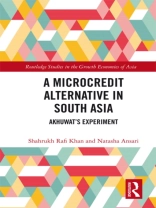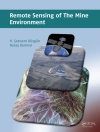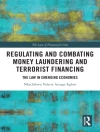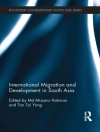Microcredit took the development world by storm as a tool for poverty alleviation in the 1980s. After being hailed as a panacea, a few decades on it started being forcefully criticised based on its practice. This book explores Akhuwat (literally brotherhood), a rapidly growing Pakistani NGO formed in 2001, which addresses the shortcomings of conventional microfinance. Its vision is of a society built on empathy and social solidarity and its mission is that of creating self-sufficiency among the entrepreneurial poor. This book examines whether Akhuwat fulfils its promises of not pushing loans or encouraging clients to get on a debt treadmill and helping them to avoid high debt burdens by charging no interest and easing repayment terms. Conventional microcredit organizations are criticised for losing sight of the original mission of poverty alleviation by engaging in empire building and Akhuwat’s goal is to avoid this by embracing an alternative strategy of scaling up. Finally, this book also analyses Akhuwat’s approach as being gender sensitive and embracing all religions, castes and ethnicities. Based on fieldwork designed to assess if Akhuwat is the microcredit alternative it claims to be, this book will be of interest to scholars of poverty and development studies in general and microcredit in particular.
Natasha Ansari & Shahrukh Rafi Khan
Microcredit Alternative in South Asia [EPUB ebook]
Akhuwat’s Experiment
Microcredit Alternative in South Asia [EPUB ebook]
Akhuwat’s Experiment
¡Compre este libro electrónico y obtenga 1 más GRATIS!
Idioma Inglés ● Formato EPUB ● Páginas 182 ● ISBN 9781351174565 ● Editorial Taylor and Francis ● Publicado 2018 ● Descargable 3 veces ● Divisa EUR ● ID 6562550 ● Protección de copia Adobe DRM
Requiere lector de ebook con capacidad DRM












